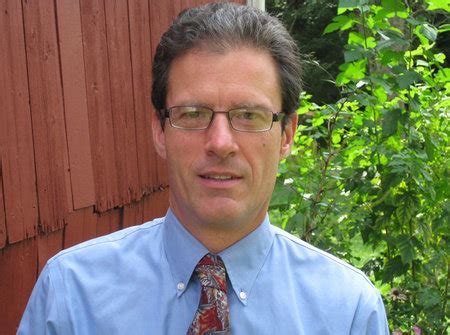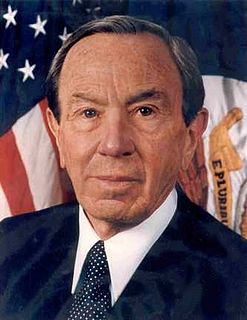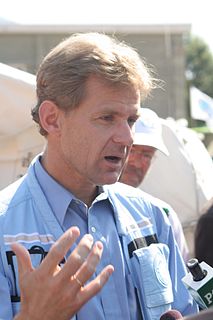A Quote by Lundy Bancroft
We hear from time to time about horrible human rights atrocities happening around the globe. Our government claims that it stands in favor of human rights, and our leaders are in the news demanding consequences for other countries that are abusing their populations. But there is a huge denial about how widespread and common these kinds of atrocities are in the United States, and that we are not nearly as different from other countries as we would like to believe we are.
Quote Topics
About
Around
Atrocities
Believe
Claims
Common
Consequences
Countries
Demanding
Denial
Different
Favor
From Time To Time
Globe
Government
Happening
Hear
Horrible
How
Huge
Human
Human Rights
Kinds
Leaders
Like
Nearly
News
Other
Other Countries
Our
Rights
Stands
States
Time
United
United States
Widespread
Would
Related Quotes
I believe we should try to move away from the vocabulary and attitudes which shape the stereotyping of developed and developing country approaches to human rights issues. We are collective custodians of universal human rights standards, and any sense that we fall into camps of "accuser" and "accused" is absolutely corrosive of our joint purposes. The reality is that no group of countries has any grounds for complacency about its own human rights performance and no group of countries does itself justice by automatically slipping into the "victim" mode.
More than 180 countries around the world have ratified CEDAW, some with reservations. While the United States signed the treaty in 1981, it is one of the few countries that have not yet ratified it. As a global leader for human rights and equality, I believe our country should adopt this resolution and ratify the CEDAW treaty.
The way we need to view aid is as a fulfillment of rights, and Mexico, as other countries around the world, have agreed and signed the Universal Declaration of Human Rights and the covenants of Human Rights and that includes the right to food, the right to water, the right to housing and the right to education.
The term 'human rights' has been too often associated with conditionality, and with concerns of developing countries that in order to benefit from open trade they would be required to implement immediately labour and environmental standards of a comparable level to those applied in industrialised countries. At the same time, debates about the primacy of trade as against human rights legal codes have contributed to maintaining the unfortunate impression that the two bodies of law are pursuing incompatible aims.
When the United States stands up for human rights, by example at home and by effort abroad, we align ourselves with men and women around the world who struggle for the right to speak their minds, to choose their leaders, and to be treated with dignity and respect. We also strengthen our security and well being, because the abuse of human rights can feed many of the global dangers that we confront - from armed conflict and humanitarian crises, to corruption and the spread of ideologies that promote hatred and violence.
It is a great problem for the true international agenda of human rights that the United States, uniquely among industrialised countries, has not ratified three main instruments, has not ratified the Covenant on Economic, Social and Cultural Rights, or the Convention on the Rights of the Child, or the Convention for the Elimination of Discrimination Against Women, and we could have so much richer a debate and dialogue on international human rights standards if the superpower would sign up to the agenda.
































